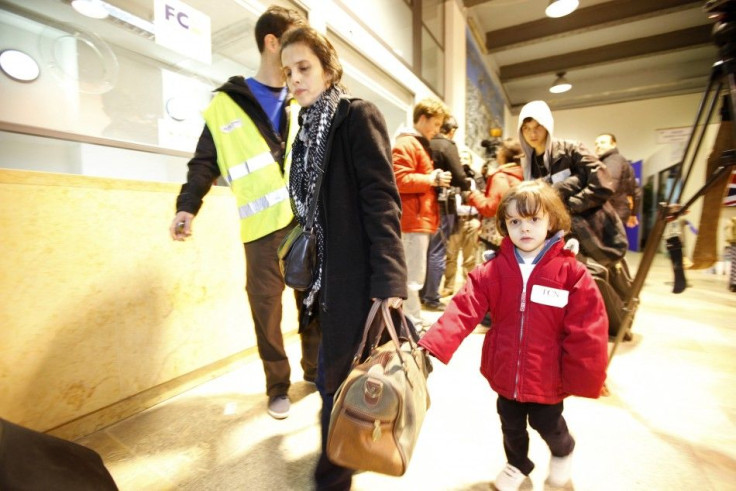Middle East turmoil creates serious dilemma for U.S. Universities, Colleges

As violence spreads from Cairo to Bahrain to Tripoli, causing serious threats to personal security in these regions, American universities and colleges face a major dilemma over their policy regarding engagement with the politically troubled countries in North Africa and the Middle East.
At the peak of unrest, schools had to move their students out of the affected areas: for example, a group of 12 students who had initially landed at the American University of Cairo with the aim of studying in a Muslim, Arabic-speaking environment were shifted to the University of Jerusalem, where the situation, though not one of ease, is comparatively tame at this juncture.
While all American institutions have evacuated students and faculty from high-risk zones, they continue to be worried about their long term moves and prospects in these regions. The Chronicle of Higher Education, reporting on the annual conference of the Association of International Education Administrators highlights some of the key questions raised by educators in this regard during a session.
While most are aware of the short term risks and would rather adopt a cautious step by steering clear of the region, they also fear that decisions to discontinue existing programs or stall proposed offerings might be seen as permanent disengagement, which they do not want. As one official asserted, even as his organization was evacuating citizens from the troubled region, officials were working out strategies for reprogramming their partnerships in the Middle East.
Interestingly, the recent developments have led many students to develop more interest in the region, perhaps because of the opportunity that it provides to be a witness and participant in the making of history. Norm Peterson, vice provost for international education at Montana State University told The Chronicle, While we were flying students out of the region, there were students clamoring to go in...That's part of the tension of our work.
© Copyright IBTimes 2025. All rights reserved.





















